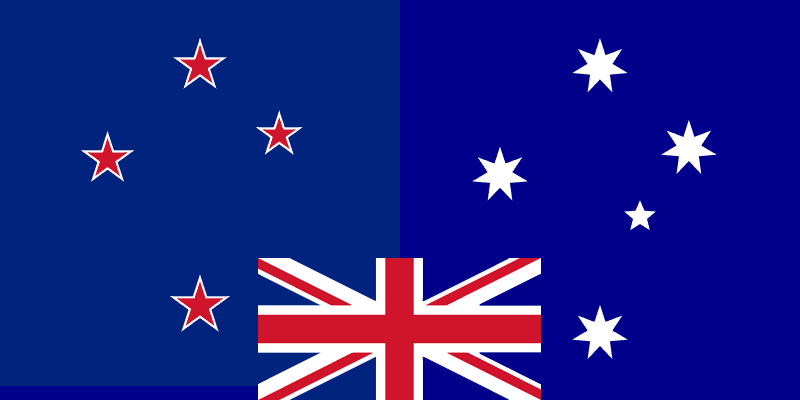
Australia’s Strengthening Medicare initiative is set to overhaul the country’s outdated healthcare system with a focus on workforce challenges and digital health infrastructure. With a new allocation of over $4 billion, the reforms aim to modernize Australia’s healthcare landscape. However, there are still limitations in the functionality of the established digital health agency, hindering its effectiveness in practice.
Mark Butler, the Minister for Health and Aged Care, emphasizes the need to upload diagnostic results to the My Health Record, making it the rule rather than the exception. The government is also committed to long-term funding for the federal digital health agency and prioritizing technology in primary care practices.
On the frontline, Australian practitioners are enthusiastic about leveraging technology to improve access to healthcare services, especially in remote areas. Telehealth platforms have enabled Aboriginal patients with end-stage kidney disease to receive dialysis in their own communities, eliminating the need for frequent travel.
Co-designing health technology with the people and communities served is a fundamental aspect of building and refining healthcare solutions. User feedback has led to the development of a mental health app for indigenous Australian youth that allows engagement even with limited connectivity.
In neighboring New Zealand, the Pae Ora reforms prioritize health equity, ensuring that people with different needs have access to equitable health outcomes. The establishment of the Māori Health Authority aims to embed a Māori perspective across the health system, addressing the significant health disparities faced by Māori people.
By empowering clinicians who serve Māori and Pasifika patients and adopting a family-centered approach to care, New Zealand is working towards improving health interventions that span multiple generations. This inclusive system benefits not only the Māori and Pasifika communities but all people.
The healthcare reforms in Australia and New Zealand are paving the way for a more equitable and patient-centric healthcare system, leveraging digital health technologies and prioritizing the needs of historically marginalized groups.